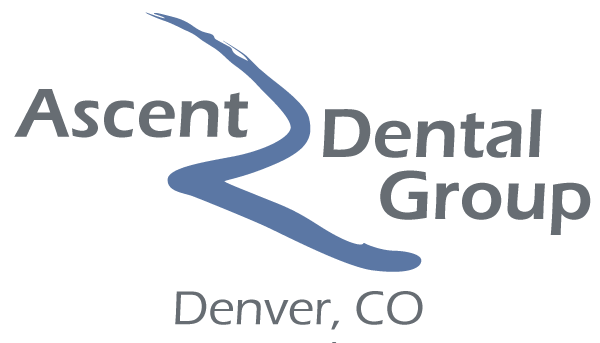Dental Bridges
Serving Cherry Creek and Denver, Colorado
Do you dread smiling because of missing teeth? At Ascent Dental Group, we understand the impact missing teeth can have on your confidence and daily life. That’s why we offer dental bridges in Denver – a proven solution to restore your smile and improve oral health. Dental bridges are a good treatment option for replacing a lost tooth. Tooth replacement can not only improve the appearance of your smile, but it can restore your ability to chew and speak. It can also protect your other teeth from drifting and additional damage. A dental bridge is a long-term, highly aesthetic, fixed restoration in your mouth.
Dr. Johnston uses state-of-the-art technology to custom-fit your bridge and ensure it blends seamlessly with your natural teeth. Say goodbye to gaps in your smile and hello to renewed confidence and comfort.
This page will give you some background information about dental bridges to help you decide among the best treatment options. To talk to cosmetic dentist Dr. Jeff Johnston about your tooth replacement options, please contact Ascent Dental Group in Cherry Creek, Denver, today.
Understanding Dental Bridges
Dental bridges use supports on either side of a missing tooth to bridge the gap. These supports are dental crowns placed over the healthy teeth on either side of the gap that we anchor to an artificial tooth or pontic. Sometimes, we can anchor dental bridges to a dental implant on one or both sides.
Modern dental bridges are typically created as a single piece of ceramic, which makes them more robust, easier to clean, and more attractive.
How Much Do They Cost?
Are you considering a dental bridge but need clarification on the cost? The price of dental bridges can vary greatly depending on several factors, including the type of bridge, the materials used, and the complexity of your case. However, what’s most important is ensuring you get the best care tailored to your needs. That’s why we recommend scheduling a consultation with our experienced dental team. During your visit, we’ll provide a detailed cost estimate and discuss your best treatment options.
Benefits of Dental Bridges
Dental bridges are pleasing restorations for tooth replacement because:
- They do not slip out of place
- They are less invasive than dental implants, which tie into the jawbone.
- They allow you to eat most of the foods you enjoyed before losing your teeth
- They are highly aesthetic
- They are durable—they can last ten years or more in most cases
These make dental bridges a good treatment option for many people who need to replace a missing tooth.
Steps Involved With Dental Bridge Placement
- First, Dr. Johnston will discuss your dental bridge options and determine which type of bridge is best for you.
- Next, we will make an impression of your mouth to send to the dental laboratory, where they will custom-make your dental bridge.
- Once the bridge is ready, we will schedule another appointment to fit and cement it.
- Finally, we will ensure the dental bridge fits comfortably and adjusts as needed for a perfect fit.
Caring for Your Dental Bridge
To prolong the life of your dental bridge, it’s essential to maintain good oral hygiene practices:
- Brush twice daily with fluoride toothpaste.
- Floss daily between all teeth and under the bridge.
- Rinse with an antiseptic mouthwash to kill bacteria that cause plaque.
Additionally, it’s essential to visit Ascent Dental Group for regular check-ups and cleanings so we can monitor the health of your dental bridge and make any necessary adjustments.
Dental Bridges in Denver and Cherry Creek, Colorado
Don’t let missing teeth hold you back any longer. If you have lost a tooth, we offer several restorative dentistry options, including everything from dental implants to same-day crowns in Denver, CO. To talk to Denver general dentist Dr. Jeff Johnston, please schedule a consultation at Ascent Dental Group today. Because your smile deserves the best!

